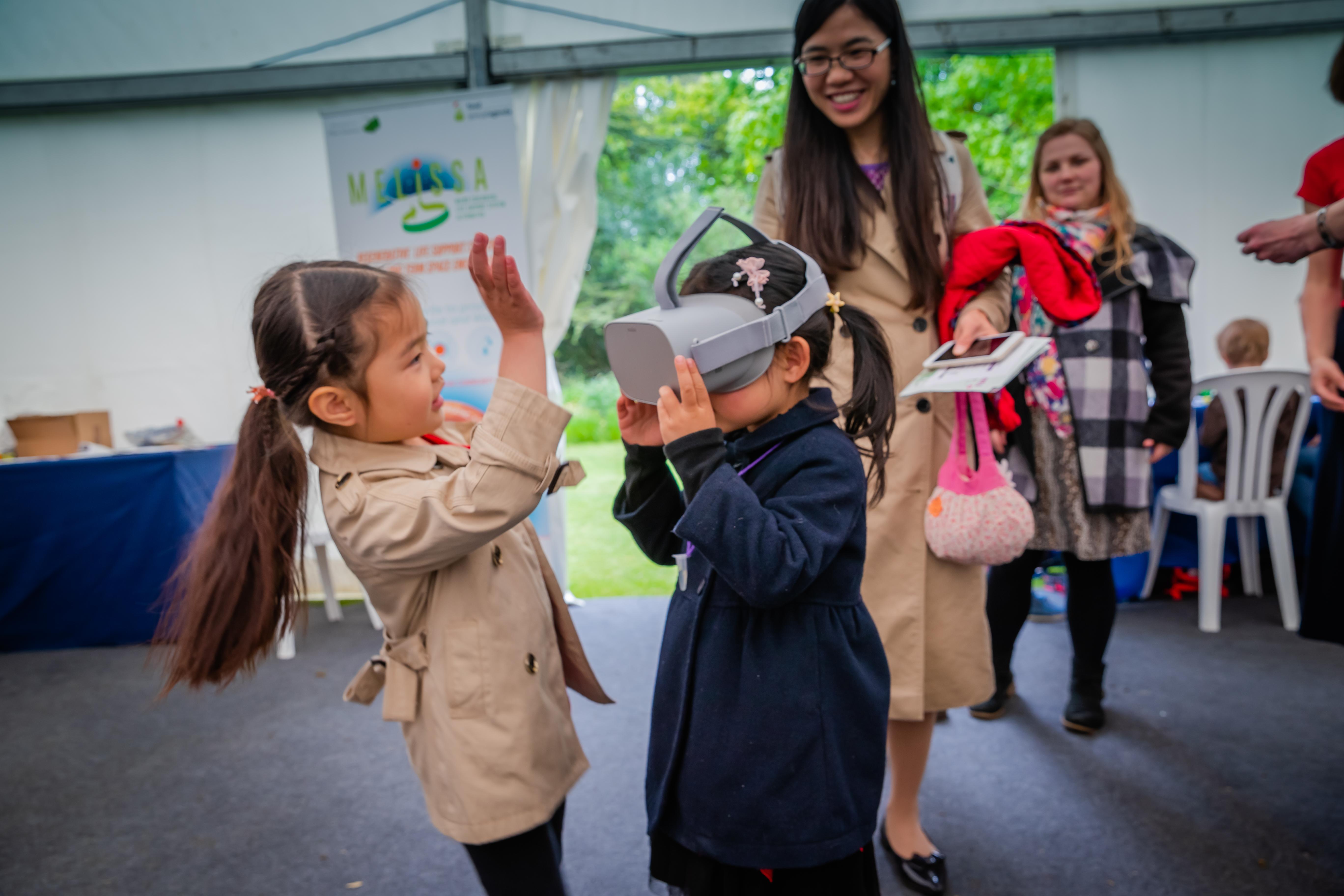
Submitted by K.L. Hlaba on Wed, 11/09/2019 - 10:10
Cambridge Global Food Security continues to be a valuable partner in the EIT Food #AnnualFoodAgenda Project, hosting more successful events under this season’s title: Healthier Nutrition. Led by IMDEA (Madrid Institute for Advanced Studies), the #AnnualFoodAgenda project aims to encourage people to think more about the food they eat and where it comes from.
On Thursday 15th August 2019 we hosted the event ‘What Does It Matter? Linking Food to Health’, where we screened the controversial documentary film ‘Food Matters.’ In the health conscious age we live in, this event aimed to uncover how this can also pave the way for contradictory and dangerous diet trends with little or no supporting scientific evidence. A panel of experts, Pixie Turner, Professor Susan Ozanne, and Professor Nick Wareham, joined us after the film to look past the money making myths we are sold, and to discuss the realities of what healthier nutrition should really mean for us.
‘I found it very useful and think it is great to be able to draw on the amazing amount of expertise in the University.’
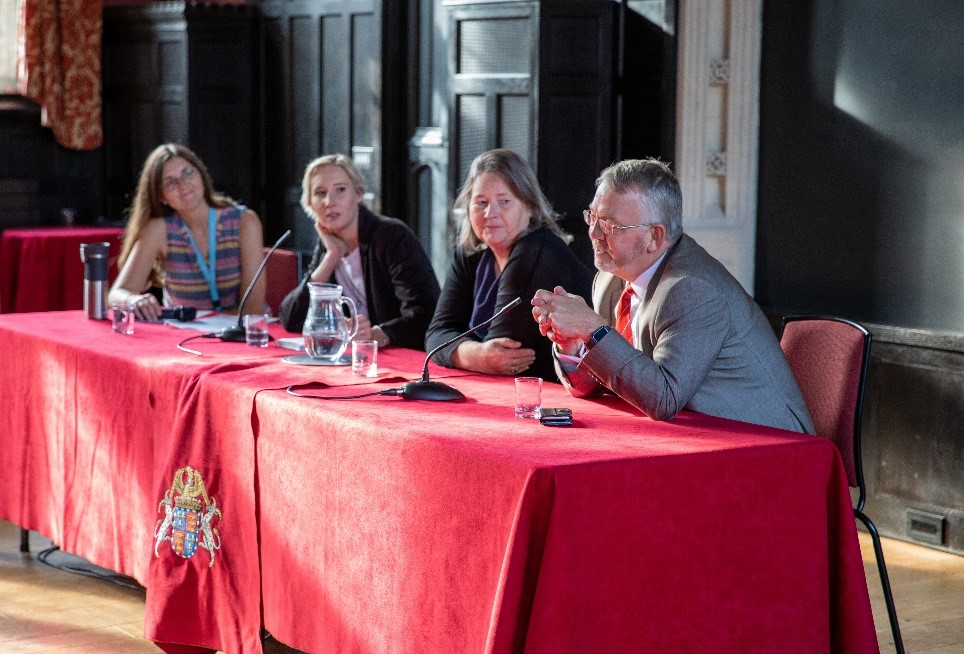
Our chair, Sarah Dalzell with the panel: nutritionist Pixie Turner, Professor Susan Ozanne, and Professor Nick Wareham.
Going forward, we will be hosting a session at The Icknield Primary School in Cambridge on Monday 23rd September. This will be based around The Snackingtons, a fun and interactive healthy eating activity created by the Centre for Diet and Activity Research (CEDAR). This event targets a younger audience of 9-10 year olds, and will include activities that highlight how advertising and marketing can affect our food choices, and how to look for healthier alternatives.

Image courtesy of CEDAR.
The second EIT Food initiative we are involved in is the FutureKitchen Virtual Reality and EatingHealthy Video Infotainment Series, led by Icelandic company Matis. We have been running a very successful and popular series of lunchtime Focus Groups to showcase new 3D Virtual Reality (VR) videos on the topic of food sustainability and innovation. The feedback from those who have tested these VR videos has been hugely positive, and 100% of attendees ‘learnt something new.’
‘Amazingly interesting to see inside a 3D printer! I never knew how 3D printing food worked, and to see and be in the whole process was fascinating…it felt like you were there and the variety of scenes was great.’
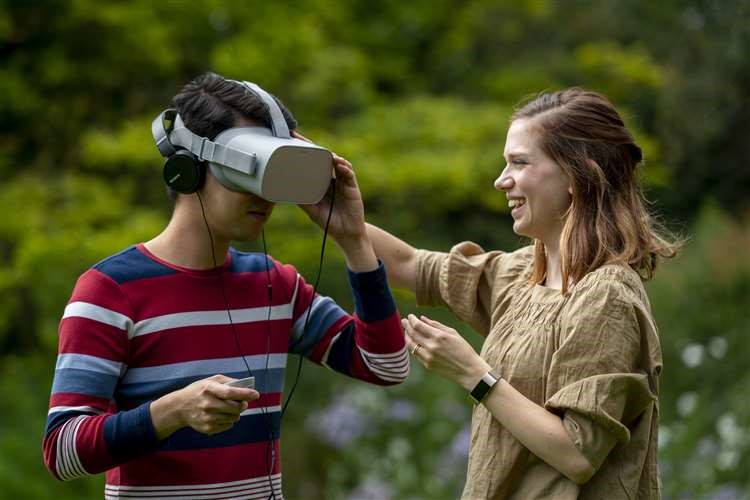
A photo from the Cambridge Independent, taken at a VR Focus Group. Photo credit: Keith Heppel.
We also took the VR headsets with us to the Festival of Plants at the Cambridge Botanic Gardens on 18th May. Alongside our Amazing Algae stall, we allowed visiting attendees to watch the 3D films. At a family event like this, we were able to reach out to the younger audiences that the project is directly targeting, iGeneration (12-21) and Millenials (22-37).
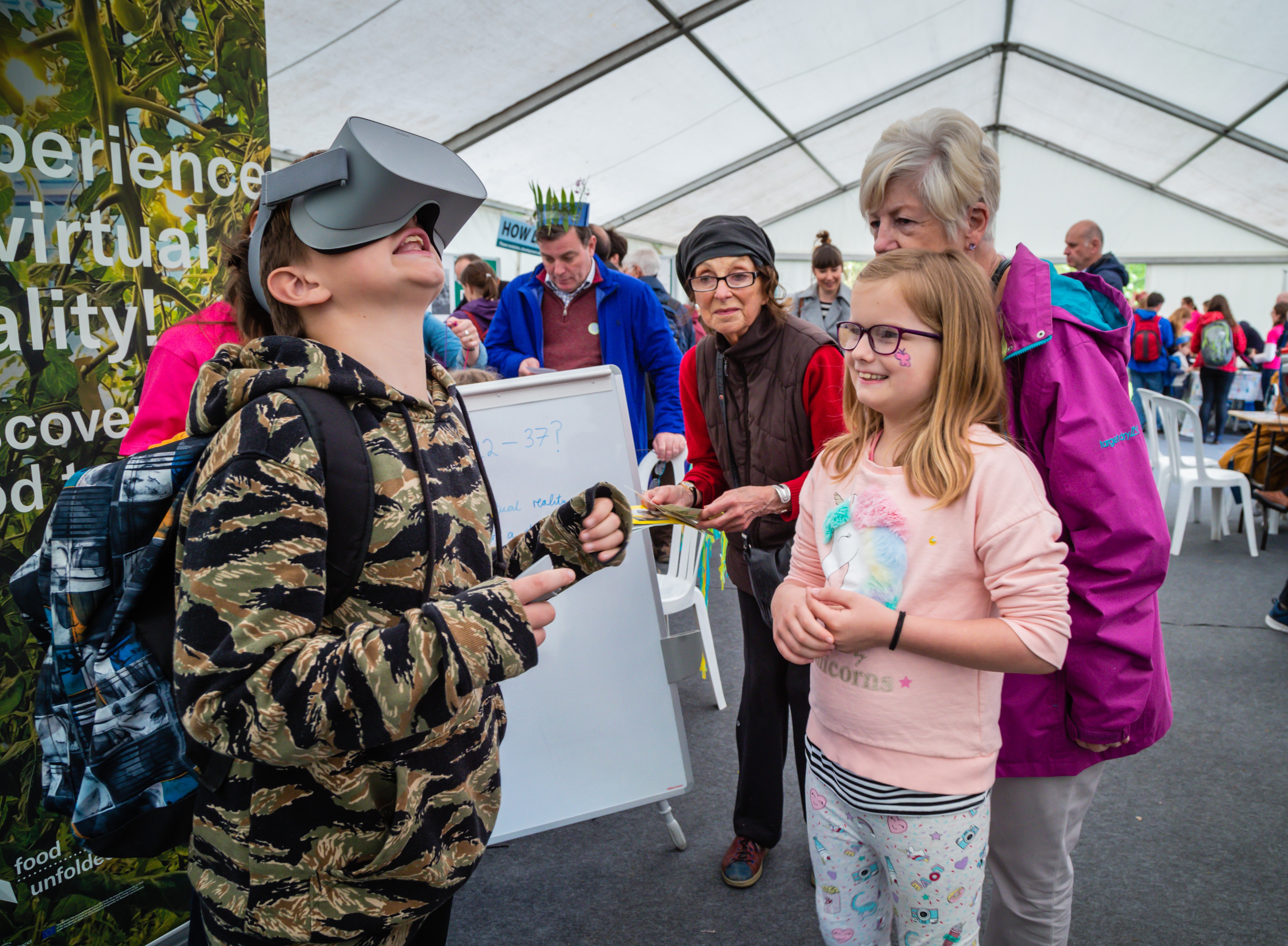
Photo credit: Nick Saffel.
On 15th October we collaborated with Cambridge Global Food Security’s ‘Objects’ Programme to stage an event titled ‘Meat and Potatoes: Changing Diets for Changing Times?’ This event formed part of Cambridge’s hugely popular Festival of Ideas, and included a panel of 6 multidisciplinary researchers from the University of Cambridge discussing the value and importance of specific foods and food technologies: from canning and refrigeration, to meat and potatoes. The event was chaired by Dr. Inanna Hamati-Ataya, and reached over 100 people. The event was followed by a drinks and canapés reception, with many of the audience members staying to continue talking about food and sustainability topics.
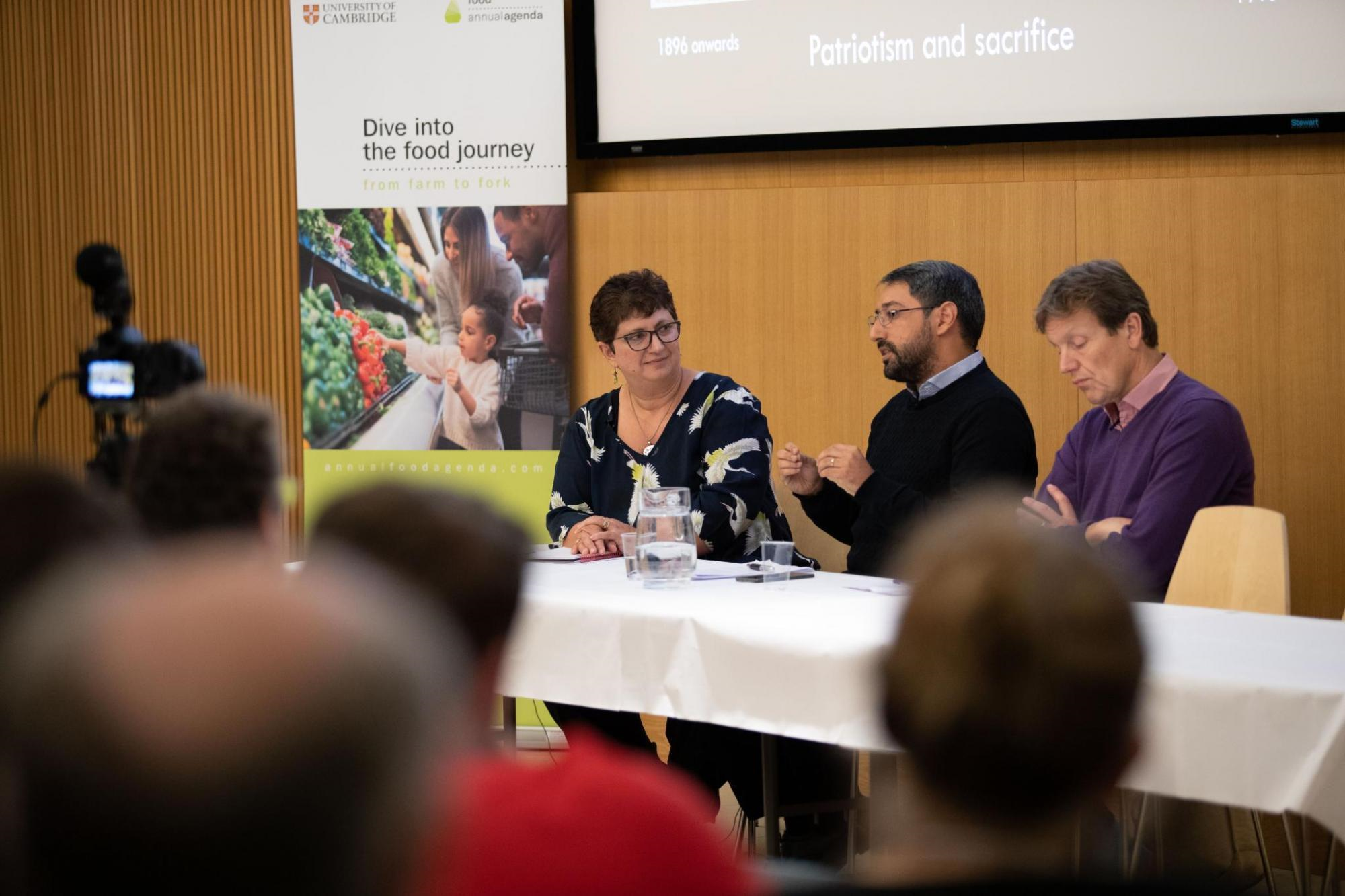
Photo credit: Nick Saffel.
Together with Cambridge Global Food Security, we held a public event in Cambridge on Saturday 7th December titled ‘How sustainable is our diet?’. It provided us with an opportunity to interact with the general public using a series of apps and online games to learn about the impact that food has on the environment, and the alternatives that we can all adopt to live more sustainably.
The location allowed us to engage with a large group of weekend shoppers on how important food is in their lives, and how much we need to consider both the environment and our health when we make food choices.
Using the apps and games (such as the Climate Food Challenge Game) that we had provided, our participants could see the nutritional values that certain types of food have, and the carbon emissions released as those foods move through the food supply chain. These factors were also particularly useful in allowing our participants to see how food seasonality can affect both the environment and their health, and thus we hope that some of the people we talked to have decided to start eating more seasonal foods and reducing their meat consumption.

Photo supplied.
It has been great to see that Cambridge’s involvement in the Future Kitchen project has been of interest to some of the local press, including The Cambridge Independent, Cambridge Sustainable Food, and the Cambridge Network. It appears that interest in connecting with food systems and inspiring interest in its sustainability is definitely growing.
On Saturday 19th October, our '3D Virtual Reality Experience' events were fully subscribed, and stood out amongst the other Cambridge Festival of Ideas events as they were the only ones using futuristic virtual reality techniques to teach new ideas and initiatives.
Additional links:
EIT Food is a consortium of 55 leading businesses, research centres and universities across Europe. As a founding partner, the University of Cambridge is involved in a wide variety of research and education projects that support the transformation of our food ecosystem to improve our health, our access to quality food and our environment.






